Historical places in Melbourne offer a captivating glimpse into the city’s colonial roots, gold rush prosperity, and cultural transformation. From majestic government buildings and grand exhibition halls to serene gardens and war memorials, each site reflects a distinct chapter of Melbourne’s heritage. These landmarks showcase stunning architecture, historical significance, and the city’s journey through change and resilience. Whether you’re a history enthusiast or a curious explorer, Melbourne’s historical sites provide a deeper understanding of its vibrant past and the enduring spirit that continues to shape its modern identity.
Top 10 Historical Places In Melbourne
Discover the top 10 historical places in Melbourne, each offering a unique glimpse into the city’s rich past and cultural heritage.
1. Royal Exhibition Building
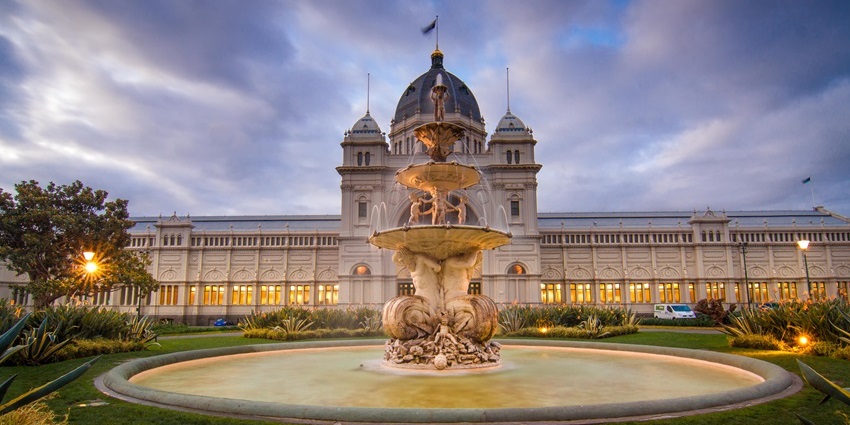
Photo: Ashton / Wikimedia Commons
Completed in 1880, the Royal Exhibition Building is one of Melbourne’s most iconic landmarks and a UNESCO World Heritage Site. It was built for the Melbourne International Exhibition, showcasing industrial progress and culture. The building’s grand dome and intricate architectural details stand out beautifully within the lush Carlton Gardens. It remains a vibrant event venue, blending historical grandeur with modern-day cultural activities and public gatherings.
Distance From Melbourne Airport: Approximately 23 km
Distance From Flinders Street Station: Approximately 3 km
Places To Eat: Queen Victoria Market Food Court, The Emerson, Brunetti
2. Old Melbourne Gaol
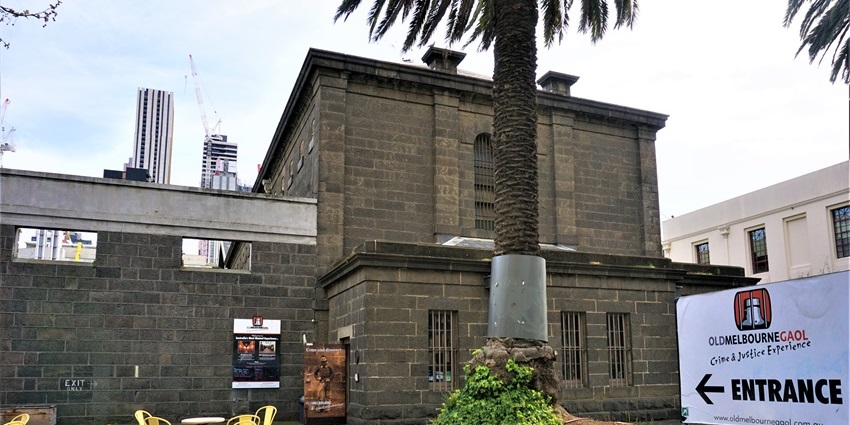
Photo: Joyofmuseums / Wikimedia Commons
Constructed in the 1840s, the Old Melbourne Gaol is a haunting relic of colonial law enforcement. Once housing infamous criminals like Ned Kelly, it now operates as a museum offering interactive exhibits and guided tours through prison cells and gallows. Visitors learn about crime and punishment in early Melbourne. Its austere stone walls and iron bars provide a powerful glimpse into the city’s darker history and justice system.
Distance From Melbourne Airport: 22 km
Distance From Flinders Street Station: 2.5 km
Places To Eat: Young & Jackson, Tonka, Cumulus Inc
3. Parliament House
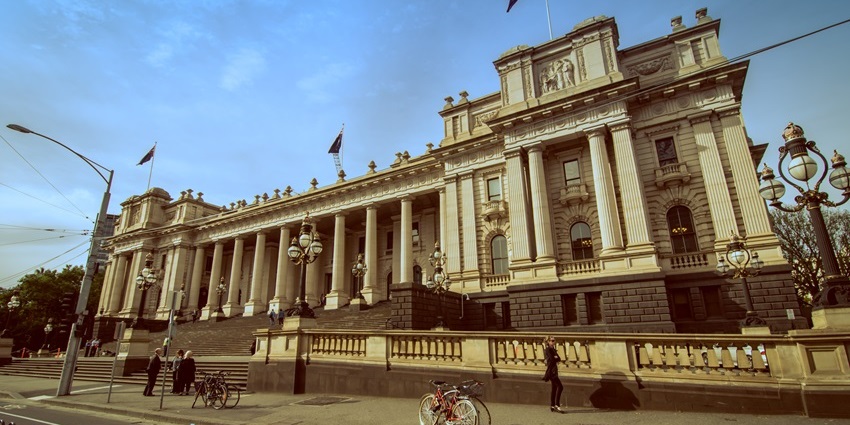
Photo: chee.hong / Wikimedia Commons
Completed in 1856, Melbourne’s Parliament House stands as a grand symbol of Victorian political history. Its majestic neoclassical façade and large portico command attention. Visitors can tour the historic chambers where significant legislative decisions were made. The building’s architecture reflects the city’s colonial ambitions and democratic evolution. It remains a working parliament and important heritage site, hosting public events and educational tours that deepen understanding of Victoria’s governance.
Distance From Melbourne Airport: 22 km
Distance From Flinders Street Station: 1.5 km
Places To Eat: The European, Cutler & Co., Tipo 00
4. Melbourne Town Hall
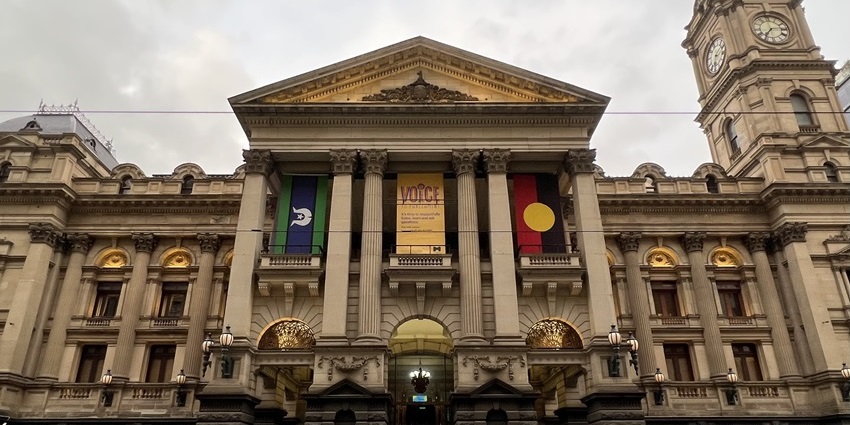
Photo: Argmae / Wikimedia Commons
Dating from 1870, Melbourne Town Hall is a centerpiece of civic pride and community life. Its grand clock tower and Victorian architecture host important events, concerts, and council meetings. The building features elaborate interiors, including a historic ballroom and stained glass windows. It embodies the city’s development during the gold rush era and continues to serve as a vibrant hub for cultural and political gatherings.
Distance From Melbourne Airport: 23 km
Places To Eat: Eau De Vie, Embla, Tipo 00
5. Shrine Of Remembrance
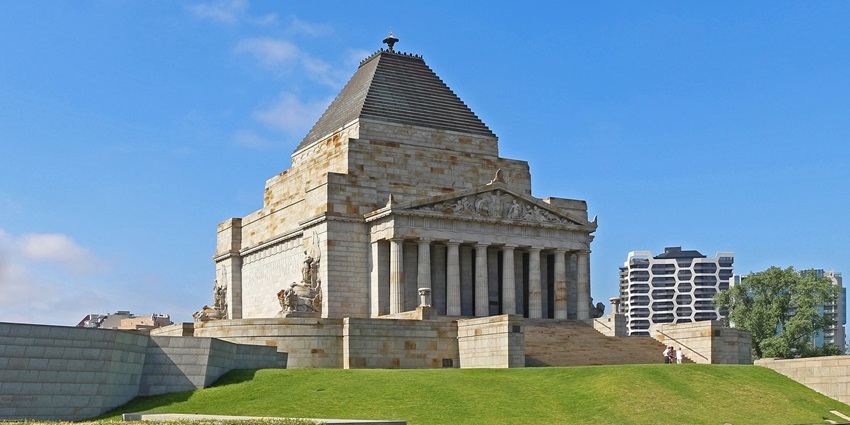
Photo: Bernard Gagnon / Wikimedia Commons
Opened in 1934, the Shrine of Remembrance is Melbourne’s most significant war memorial honoring Australian servicemen and women. Its solemn architecture is inspired by ancient mausoleums and offers reflective spaces and a museum with extensive military exhibits. Visitors witness the Ray of Light alignment on specific days and experience panoramic city views from the balcony, connecting Melbourne’s past sacrifices to its present and future.
Distance From Melbourne Airport: 24 km
Distance From Flinders Street Station: 2.5 km
Places To Eat: The Prince, Chapter House, Yellow Deli
6. Fitzroy Gardens
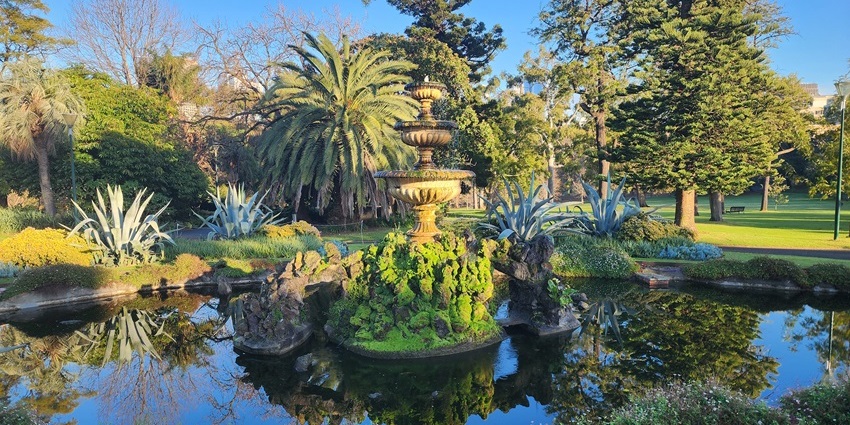
Photo: Shkuru Afshar / Wikimedia Commons
Fitzroy Gardens, established in 1848, is one of Melbourne’s oldest and most cherished parks. It contains heritage-listed features like Cook’s Cottage, relocated from England, and the model Tudor Village. The gardens showcase Victorian-era landscaping with serene ponds, statues, and tree-lined paths. It offers a tranquil retreat and an engaging glimpse into Melbourne’s colonial past and appreciation for green public spaces.
Distance From Melbourne Airport: 22 km
Distance From Flinders Street Station: 3 km
Places To Eat: Degraves Espresso Bar, The Kettle Black, Garden State Hotel
7. State Library Of Victoria
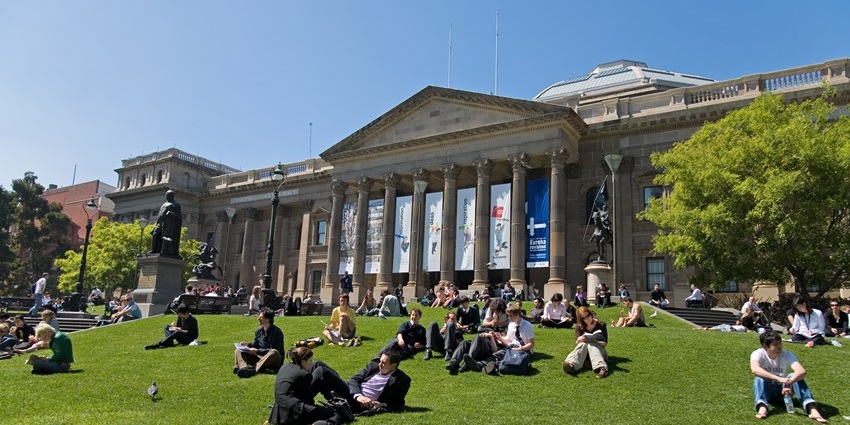
Photo: Diliff / Wikimedia Commons
The State Library of Victoria, founded in 1854, is a magnificent repository of knowledge and culture. Its domed La Trobe Reading Room, historic collections, and exhibitions offer rich insight into Victoria’s literary and social history. Beyond its academic role, the building’s architecture and public art installations invite visitors to explore Melbourne’s intellectual and creative heritage within a grand civic space.
Distance From Melbourne Airport: 23 km
Distance From Flinders Street Station: 1.8 km
Places To Eat: Cookie, Higher Ground, Pellegrini’s Espresso Bar
8. The Block Arcade
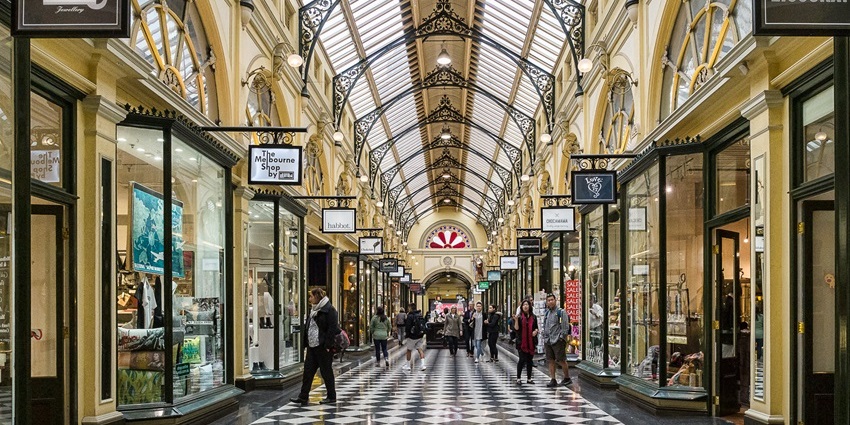
Photo: Marc Dalmulder / Wikimedia Commons
Built in 1892, the Block Arcade is a Victorian-era shopping arcade renowned for its elegant architecture and mosaic flooring. It’s a heritage-listed site that captures Melbourne’s commercial history and Edwardian luxury. Today, it houses boutique shops and cafes beneath a stunning glass canopy. Visitors can admire the intricate details and atmosphere that make it a popular spot for history buffs and shoppers alike.
Distance From Melbourne Airport: 23 km
Distance From Flinders Street Station: 1 km
Places To Eat: Hardware Société, Manchester Press, Market Lane Coffee
9. St Patrick’s Cathedral
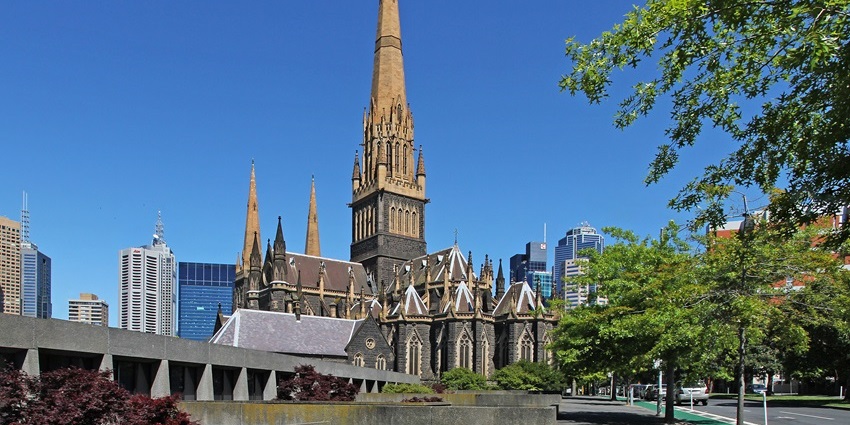
Photo: Donaldytong / Wikimedia Commons
St Patrick’s Cathedral, completed in 1939, is Melbourne’s largest and finest Gothic-style church. Its soaring spires, stained glass windows, and intricate stone carvings embody the city’s religious history and architectural mastery. The cathedral remains an active place of worship and a stunning tourist attraction, reflecting Melbourne’s Irish Catholic heritage and the importance of faith in shaping the community’s identity.
Distance From Melbourne Airport: 22 km
Distance From Flinders Street Station: 1.2 km
Places To Eat: Entrecôte, Grossi Florentino, Chin Chin
10. Captain Cook’s Cottage
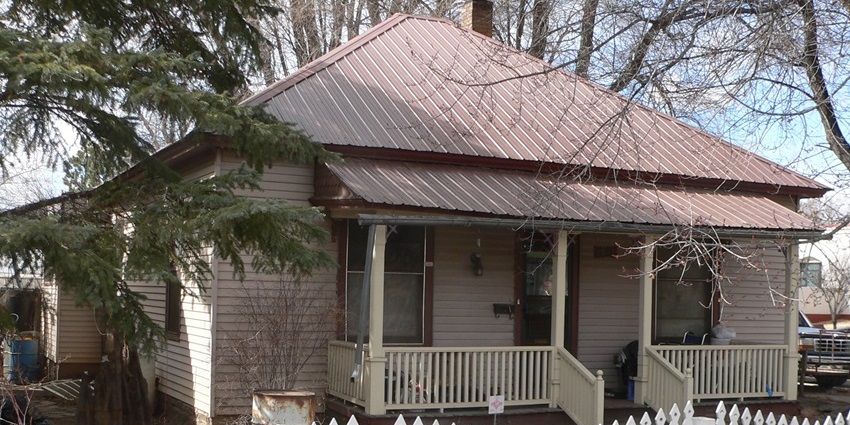
Photo: Ammodramus / Wikimedia Commons / Image For Representation Only
Originally built in 1755 in England, Captain Cook’s Cottage was transported to Melbourne’s Fitzroy Gardens in 1934. It provides a unique connection to Australia’s early exploration history. The quaint cottage exhibits period furnishings and artifacts related to Captain James Cook. Visitors can explore its charming interior and gardens, gaining insight into the colonial era and Melbourne’s dedication to preserving international heritage.
Distance From Melbourne Airport: 22 km
Distance From Flinders Street Station: 3 km
Places To Eat: Cumulus Up, Tipo 00, Hardware Société
Historical places in Melbourne beautifully capture the city’s evolution from a colonial outpost to a vibrant cultural capital. Each landmark reflects layers of architectural grandeur, social progress, and rich stories of the people who shaped the city. Whether exploring public gardens, grand halls, or solemn memorials, visitors experience a living history that connects Melbourne’s past, present, and future in compelling ways. Plan your visit today with TripXL to discover these historical sites.
Cover Photo: Madhumanti Mandal / Wikimedia Commons


 WhatsApp
WhatsApp
 Twitter
Twitter









